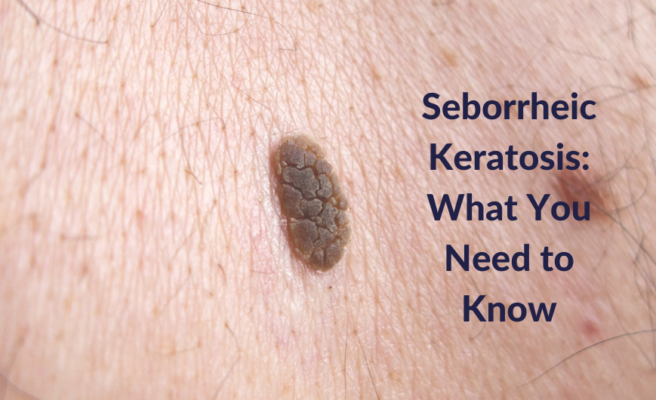Psoriasis is a long-lasting skin disorder in which skin cells reproduce much faster than normal. It causes red, scaly patches on the limbs, scalp, and other parts of the body.While a normal skin cell matures and falls off the body within 30 days, a psoriatic skin cell takes only three or four days to mature and move to the surface. Instead of falling off, the skin cells pile up and form lesions.Though not contagious, the scaling and unpleasant appearance of lesions (especially if left untreated) can cause embarrassment, and be a significant source of anxiety or even depression. Psoriasis can also interfere with sleep and make everyday tasks difficult.
Plaque Psoriasis
Plaque is by far the most common form of psoriasis. Characterized by thick, itchy and red patches of skin with a white or silvery layer on top, this condition typically forms on the elbows, knees, back, or scalp, but can appear elsewhere. Plaque psoriasis is closely correlated with stress, anxiety, depression, and genetics. Physical triggers include sunburns, bug bites, and scratches.
Guttate Psoriasis
Guttate is the second most common form, characterized by red scaly spots appearing on the body. This skin condition is often triggered by a bacterial infection such as strep throat.
Inverse Psoriasis
Inverse psoriasis is characterized by red, smooth and shiny patches forming in folds of skin such as armpits, breasts, or genitals. This form is triggered by moisture and friction.
Scalp Psoriasis
This isn’t a separate type but the scalp is one of the most common places that people get it, with as many as half of instances happening on the scalp. This can include spreading to the forehead, back of the neck, and behind the ears as well.It often comes with symptoms such as dandruff-like flaking, itchy or dry scalp, and hair loss.
Treatment
Although there is currently no cure for it, there are multiple treatments available that can typically lead to a clearing of symptoms. Whatever the treatment, the goal is to stop skin cell overgrowth. Our Bend Dermatology Board-Certified Dermatologists may administer topical or oral medications and biologic agents to block the activation of skin cells.You can schedule an appointment with one of our Dermatologists in our Central Oregon locations to discuss your psoriasis and any treatment recommended.












